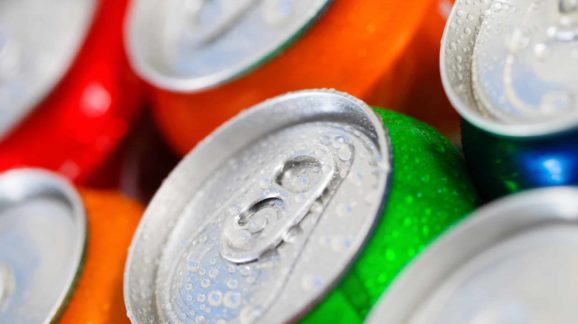Report: Soda Taxes Slim Wallets, Not Waistlines

Soda taxes don’t help people slim down or improve their diet, they just fatten government coffers, a new report from the Competitive Enterprise Institute (CEI) shows. CEI consumer policy expert Michelle Minton explains why a tax on sodas and other sugar sweetened beverages – like the one Philadelphia lawmakers are expected to vote on this week – imposes unnecessary costs on consumers and unfairly targets one consumer product, without any gains for public health.
“Soda taxes are a stealth tax against middle class and especially lower income people,” said Minton. “Faced with a new tax on soda, some consumers may shift their calorie indulgences to other foods or drinks, some may cut back on other grocery purchases, and others will just pay the tax to get their favorite soda.”
“The real-world effects of ‘sin taxes’ imposed on certain food and beverages have been universally lackluster,” Minton explained. “Experience shows soda taxes disadvantage the people least able to absorb the cost, with no measurable improvement in public health. Philadelphia lawmakers should reject this failed experiment.”
The Philadelphia city council is expected to vote this week on a 1.5 cent per ounce soda tax. Other places considering a soda tax include Illinois, San Francisco, Oakland, and Boulder.
Key facts:
- Mexico imposed a 10 percent—or peso-per-liter—soda tax, but it hasn’t nudged low-income families away from high-calorie drinks. And homes with an obese head of household are least affected by the change in soda prices.
- Even if taxes prompt people to change their habits in the short run, the change may not be permanent. A 2012 Cornell study of 62,000 Americans found that when half the population were required to pay a 10 percent tax on calorie-dense foods like soda, consumption of soft drinks initially decreased but by the end of six months was similar to the non-taxed group.
- Alternately, people may substitute soda with other high-calorie items or sodium. A 2013 study published in the American Journal of Agricultural Economics found that while a half cent per ounce soda tax did decrease consumption, it increased consumption of sodium and fat due to product substitution.
- Sodas are only a small part of calorie consumption. In the U.S., researchers estimate that calories from sugary drinks comprise just 7 percent of total calorie intake.